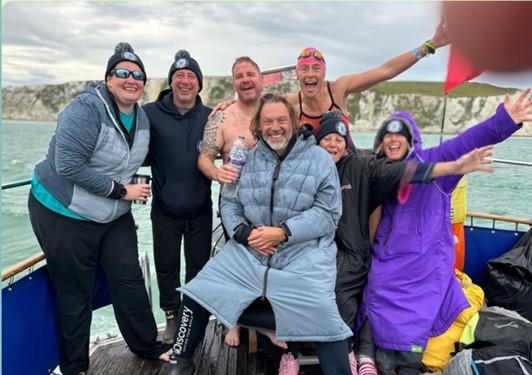The bustling town of Aylesbury is bracing itself for significant travel disruptions as a crucial thoroughfare into the town is […]
In an alarming trend that underscores the financial strain faced by many in the public sector, a growing number of Thames Valley Police officers are seeking second jobs. This surge is attributed to the ongoing cost of living crisis, as detailed in a recent report. The implications of this development extend beyond individual finances, potentially affecting the quality and focus of law enforcement services in the region.
Cost of Living Crisis Driving Officers to Seek Additional Employment

The report reveals that more Thames Valley Police officers than ever before are looking for supplementary income sources. The rising cost of essential goods and services, from housing to transportation, has left many officers struggling to make ends meet on their current salaries. As the financial burden increases, officers are compelled to pursue secondary employment to support themselves and their families.
Impact on Police Services and Community Safety
The pursuit of second jobs by police officers raises significant concerns about the potential impact on their primary responsibilities. Law enforcement is a demanding profession, requiring both physical stamina and mental acuity. Additional employment could lead to fatigue, stress, and diminished performance on the job. This, in turn, might compromise community safety, as officers may not be operating at their full capacity while on duty.
Furthermore, the time commitment required for secondary employment can limit officers' availability for overtime shifts and other critical police work. These shifts often involve tasks that require additional manpower, such as large-scale investigations, emergency responses, and community policing. Reduced availability and focus could hinder these essential operations, potentially leaving gaps in public safety measures.
Financial Realities Versus Professional Demands
The decision to seek a second job is not made lightly by officers, who are fully aware of the potential drawbacks. However, the harsh realities of their financial situations leave them with little choice. Many police officers, especially those newer to the force or with larger families, find that their salaries do not sufficiently cover basic living expenses. This discrepancy between earnings and outgoings forces them into difficult decisions about how to manage their financial stability.
Efforts to address the underlying issues are ongoing, but the challenges are significant. Policymakers and police department leaders must balance fiscal constraints with the need to adequately compensate and support their officers. Solutions may include salary reviews, additional benefits, or measures to offset living costs. Until such solutions are implemented, the trend of officers seeking secondary employment is likely to continue.
Looking Ahead: Potential Solutions and Community Support
Addressing the cost of living crisis and its impact on police officers requires a multi-faceted approach. Policymakers must engage in meaningful dialogue with police representatives to understand the depth of the issue and explore viable solutions. Possible actions include advocating for higher wages, providing subsidies for housing and transportation, and offering mental health support to manage the stresses of dual employment.
Community support also plays a crucial role. Public awareness campaigns can highlight the challenges faced by local law enforcement and foster a greater appreciation for their service. Community initiatives, such as partnerships with local businesses to provide discounts or financial assistance programs, can offer some relief.
In conclusion, the increasing number of Thames Valley Police officers seeking second jobs is a clear indicator of the ongoing cost of living crisis's profound impact. Addressing this issue is imperative not only for the well-being of the officers but also for maintaining robust and effective police services that ensure community safety. It is a challenge that calls for combined efforts from government officials, police leadership, and community members alike.
